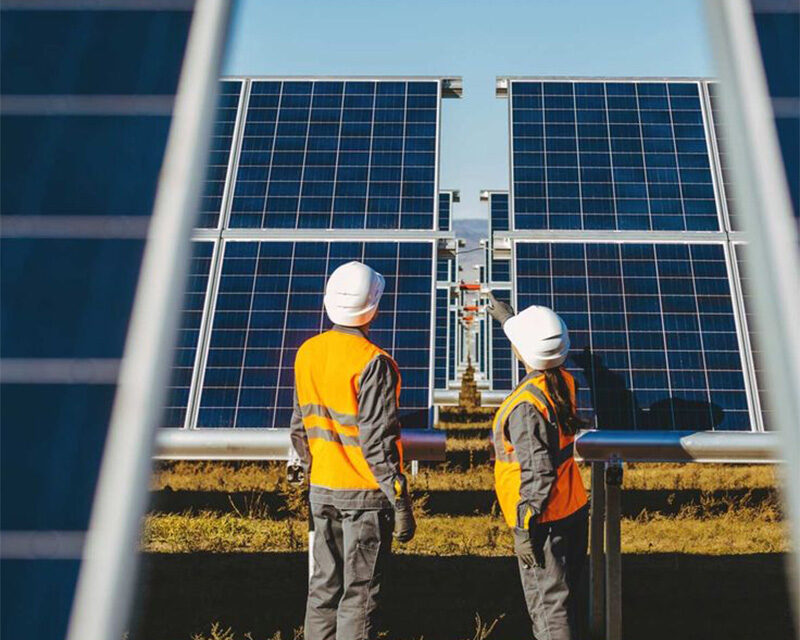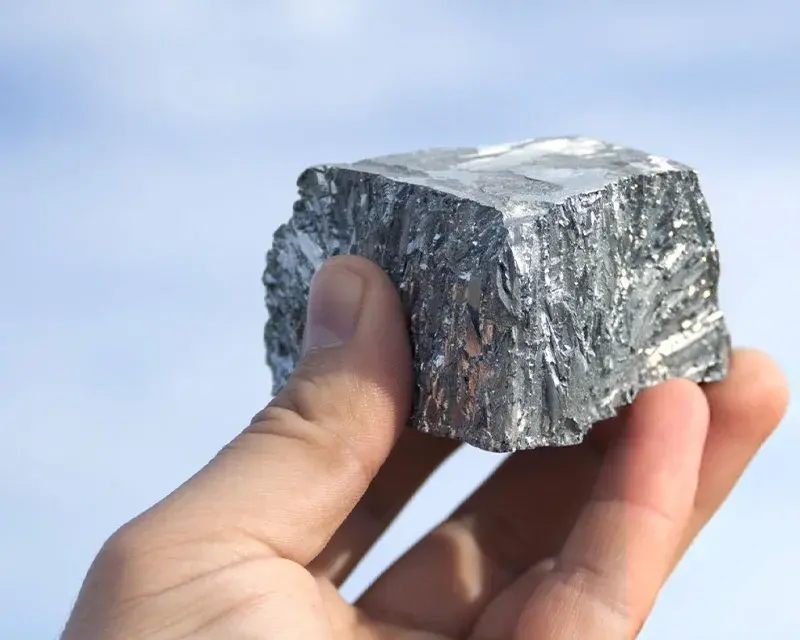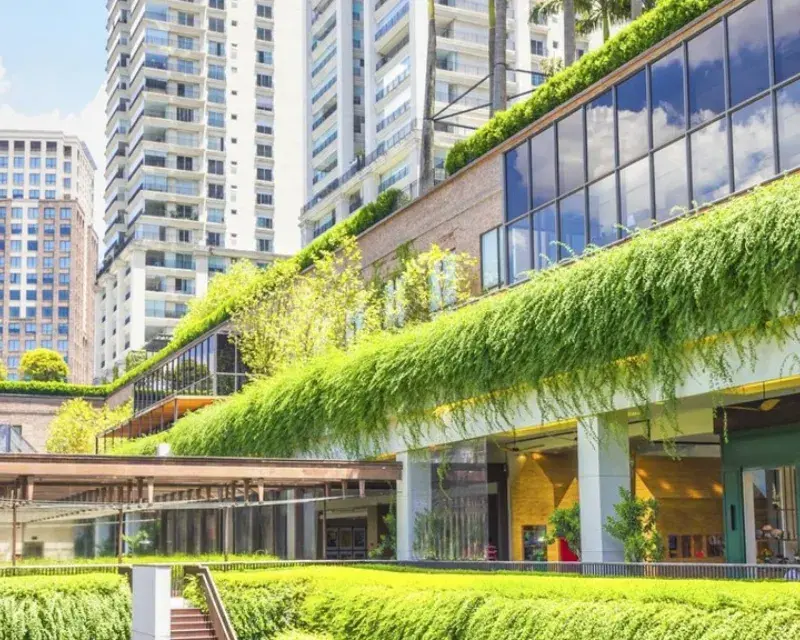Winds That Build More Than They Destroy: When Natural Force Becomes an Ally
We fear wind. We build walls to block it, shut windows against it, calculate its strength as a threat to be countered. But in some places, people — and engineers — learned wind isn’t an enemy… it’s a co-engineer. In a mountain village, where seasonal winds rage, no tall concrete















